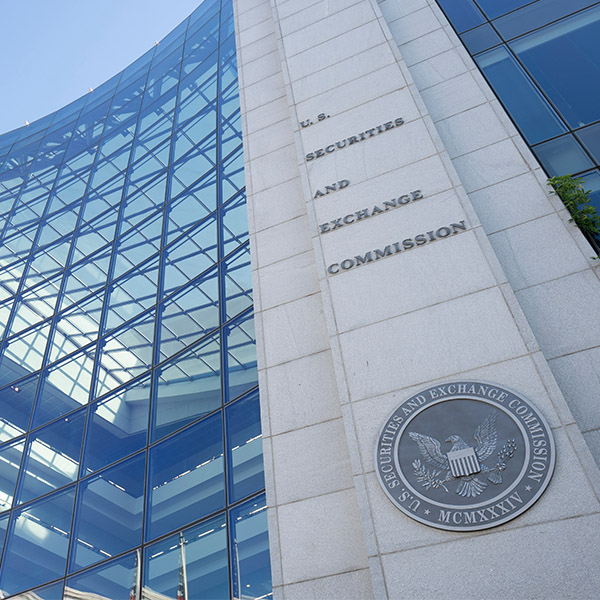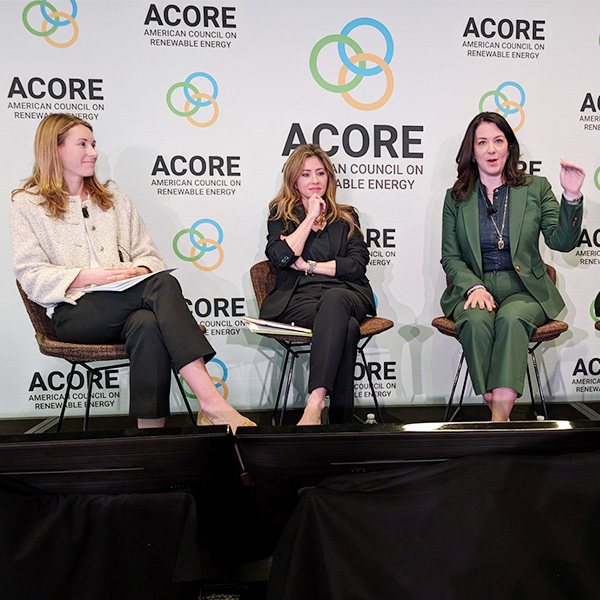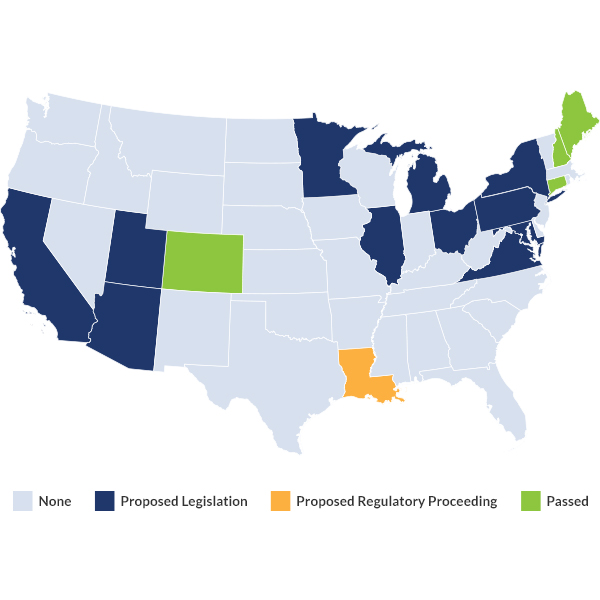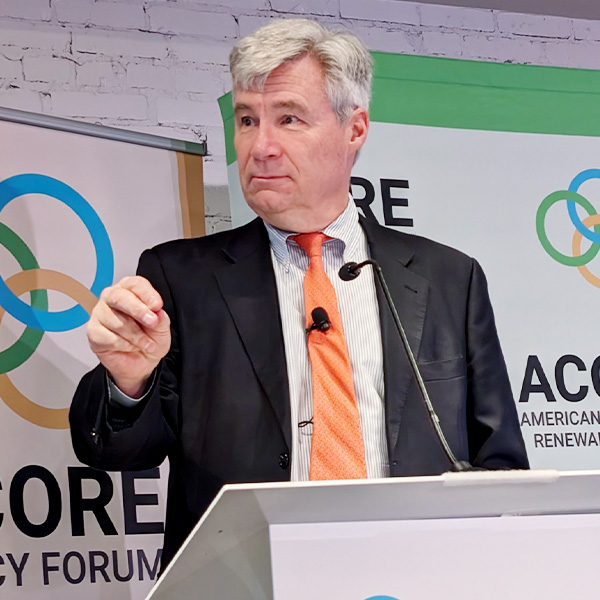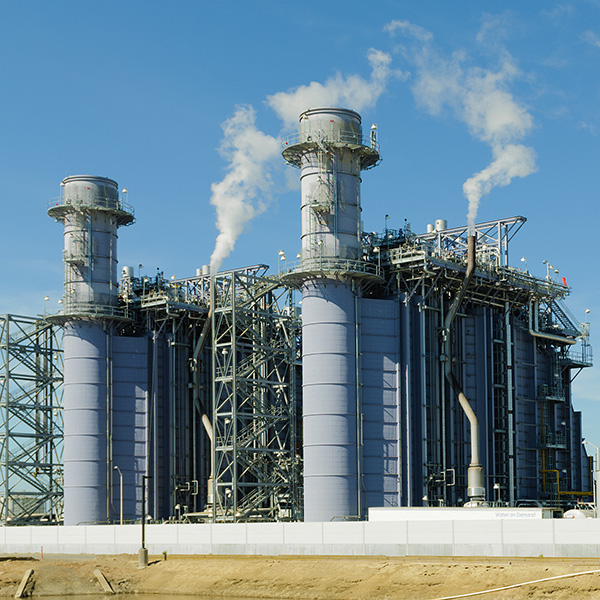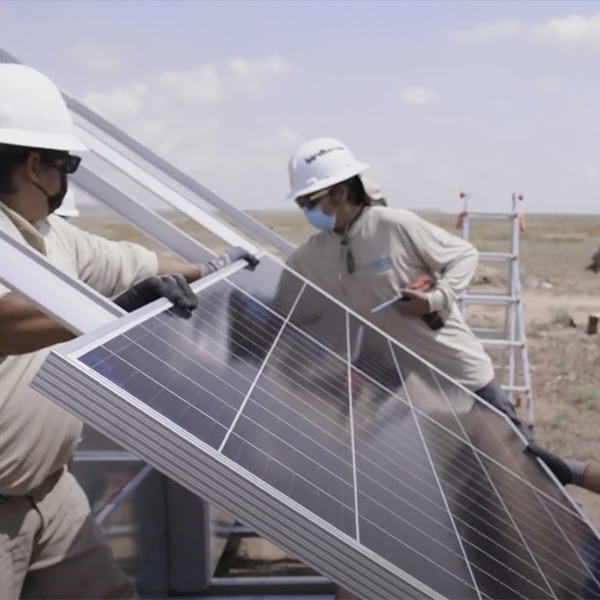Federal Policy
CongressDepartment of EnergyLoan Programs Office (LPO)Department of TransportationEnvironmental Protection AgencyFederal Energy Regulatory CommissionGeneral Services Administration (GSA)Interior DepartmentBureau of Land ManagementBureau of Ocean Energy ManagementNuclear Regulatory CommissionTreasury DepartmentWhite House
Under the finalized rules, the SEC estimates only 40% of U.S. firms and 60% of foreign companies will have to report their emissions.
The best way to defend the Inflation Reduction Act could be to stop mentioning the law and focus on its benefits, speakers told the ACORE Policy Forum
New EPA standards intended to reduce air emissions from the crude oil and natural gas industries are scheduled to be published this week.
Bribery scandals and concerns over reliability and the pace of decarbonization have caused increasing scrutiny of utilities’ political activities.
The power industry is facing an increasingly delicate balancing act as policies drive some generators to retirement, while major new loads are popping up and making planning more difficult.
Utility executives told state regulators that natural gas and nuclear power will be part of the electric mix for decades as the industry decarbonizes.
One of the Senate’s strong liberal voices on climate change, Sen. Sheldon Whitehouse slammed the fossil fuel industry for its campaign of “climate denial and propaganda.”
The Environmental Protection Agency is delaying new emissions restrictions for existing natural gas-fired power plants.
Clean Ports aims to balance the vital role ports play in the economy with the air pollution produced by the diesel-powered trucks, trains and other equipment at these facilities.
About 300 off-grid homes in the Hopi and Navajo nations soon could have electricity from solar and storage systems paid for with part of $366 million in federal funding.
Want more? Advanced Search
